13 Symptoms Of Depression In Teens: Early Signs To Watch Out For
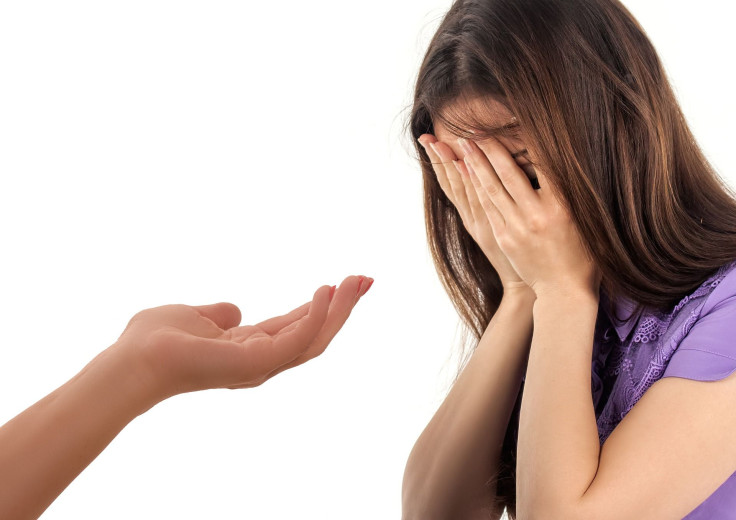
KEY POINTS
- Depression can be mild or severe, short-lived or long-lasting
- Teens may not have the proper words yet to describe their emotions
- Depression in teens may show up as long periods of unhappiness or irritability
Depression does not discriminate. It is one of the most common mental health conditions. It can be mild or severe, short-lived, or long-lasting. It can be experienced by adults or children alike. What makes it more challenging when children and teens are involved is that some of its symptoms may be similar to typical behavior during adolescence. For example, teens may have conflicting emotions as part of growing up. Stress in school may also result in sleepless nights or loss of appetite.
Teens may also not have the proper words yet to describe their emotions. This is why adult parents, guardians and teachers should be aware of the common symptoms of depression in teens. When a child or teenager feels intense emotions over long periods, someone must be there to offer them much-needed support.
Here are some early signs to watch out for:
1.
Tiredness Or Loss Of Energy

Teenagers are at the age when they seemingly never run out of energy. Though they are not immune to feelings of tiredness, it may be a sign of depression if they are continuously low on energy or feel tired all the time. Their low energy levels will become more noticeable if they have difficulties carrying out daily activities.
2.
Restlessness Or Difficulty Concentrating

When a teenager has trouble concentrating or making decisions, something else may be bothering their mind. According to Harvard Health Publishing, depression may change one's ability to think, impairing attention and memory. Teens may have trouble thinking or remembering things while dealing with depression. Agitation or restlessness may also be apparent, such as constant pacing or hand-wringing. Pay attention to when they are unable to stay still even for a short period.
3.
Poor School Performance

If you notice a change in their school performance and if they are constantly skipping school, it might be a warning sign that they are going through something they are having a hard time processing. Educators, counselors and parents should work together to talk to them and offer support if they lose interest in school and being with their peers.
4.
Changes In Appetite Or Sleep Patterns

This warning sign can show up differently for each teenager, so you should always think of their typical behavior and note any changes in their patterns. For example, if their sleeping patterns change and they suddenly sleep too much, it may be a sign of depression. The opposite can also be true if they express that they have developed insomnia for no reason. Their appetite and cravings may also be affected, resulting in weight change.
5.
Less Attention To Personal Hygiene

Adolescence is the time to explore their personality, which often manifests in the way they present themselves to conform with their peers. It is also their rebellious era, which means they might gravitate toward clothing that will get a strong reaction from their parents. However, if a teenager's hygiene seems to be deteriorating and they don't seem to pay attention to their appearance, this might be a serious warning sign of depression.
6.
Aches Or Pains With No Obvious Cause
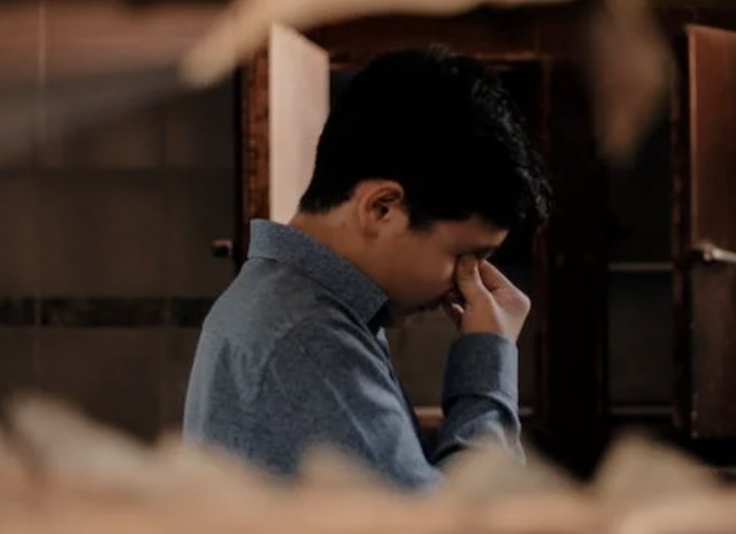
According to Healthline, signs of depression may also manifest physically. If a teenager complains about body aches, cramps, headaches, stomach upset and other physical pains frequently, but there is no obvious cause for them, this might be a warning sign of depression. School nurses may also notice a student returning to the clinic with these common complaints more frequently.
7.
Persistent Sadness, Anxiousness, Or Irritability
Depression often develops alongside anxiety. According to UNICEF, in children and adolescents, it may also show up in the form of long periods of unhappiness or irritability. If your teenager often seems anxious, this might be a sign of depression. You may also notice lingering feelings of sadness. If they are not vocal about their feelings, watch out for crying spells for no reason. Irritability or constant annoyance may also be another warning sign. Watch out for angry outbursts, acting out, or disruptive behaviors.
8.
Feelings Of Frustration
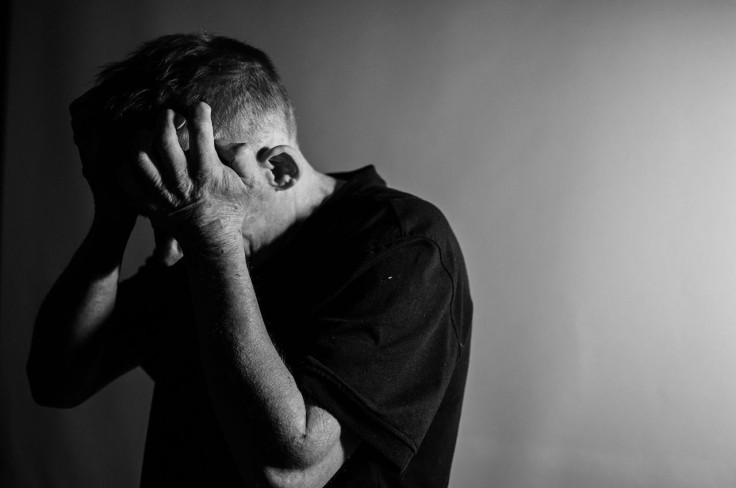
Aside from angry outbursts or acting out, teenagers may also show signs of depression in taking risks they never would have taken before. These may often be disruptive, usually standing out from their usual behavior. These may be brought on or paired with feelings of frustration or anger, even over small matters.
9.
Social Isolation And Loss Of Interest

If they used to hang out with a constant circle of friends and suddenly stop doing so, it's worth asking them if something has happened to cause this change. If they also suddenly express disinterest in activities they used to love before, this is a warning sign of depression. Similarly, if they used to hang out with family regularly but have started to become aloof and isolated, perhaps even having conflict with family and friends, take the time to talk to them about their feelings. According to Tulane University, social isolation may also be a cause for concern if the person often cancels plans or feels dread associated with social activities.
10.
Low Self-Esteem Or Feelings Of Hopelessness
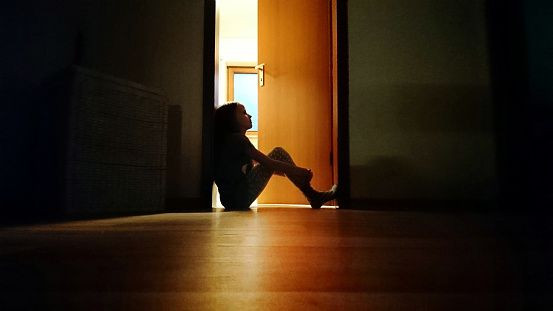
Coupled with isolation from or conflict with friends or family, teenagers with depression may also show low self-esteem or feelings of hopelessness, worthlessness, or guilt. They may talk about feeling empty or not feeling good enough. Other emotions may also be coupled with their feelings of hopelessness or guilt, such as thinking their future is grim.
11.
Exaggerated Self-Blame Or Self-Criticism
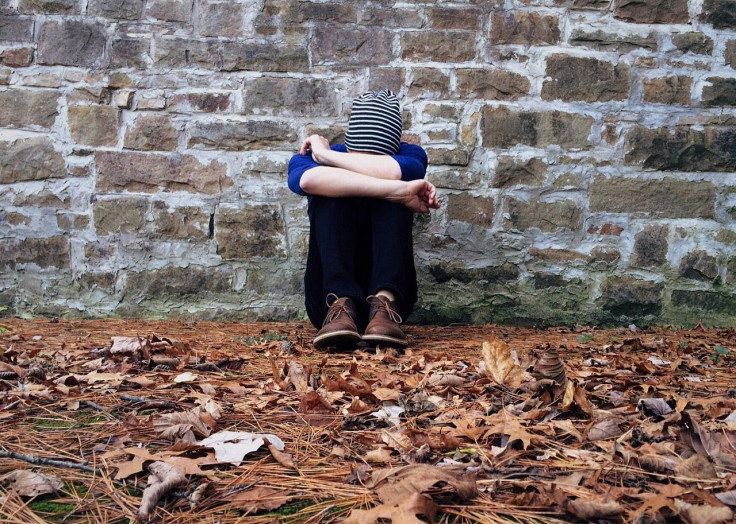
A teenager with signs of depression may fixate on failures that have happened in the past. While a healthy dose of introspection is good, it becomes a warning sign when they blame or criticize themselves too much or if they cannot seem to let go of a past failure. They may be extremely sensitive to rejection as well. You may find yourself having to reassure them excessively, and even with reassurances from everyone, the feeling may not be alleviated.
12.
Self-harming Or Making A Suicide Plan

When a teenager suddenly talks about how they would attempt suicide, even jokingly, it should be considered a warning sign, especially when other signs of depression have been observed. Their frequent thoughts of death or suicide may also be seen in their search history. If you notice searches for suicide plans or attempts, consider talking to them about their emotions. Look out for signs of self-harm as well, such as cutting or burning.
13.
Use Of Alcohol Or Drugs

Peer pressure sometimes causes teenagers to try activities they wouldn't normally try. Given that risk-taking is one of the warning signs of depression, guardians and teachers should set aside time to talk to them about the behaviors they seem to exhibit with their peers. Peer pressure and other factors may affect teenagers' feelings temporarily, but a person with depression may experience lows that are more than temporary. If you also notice signs that they are using alcohol or drugs, the conversation should be done immediately before it's too late.
© Copyright IBTimes 2025. All rights reserved.





















